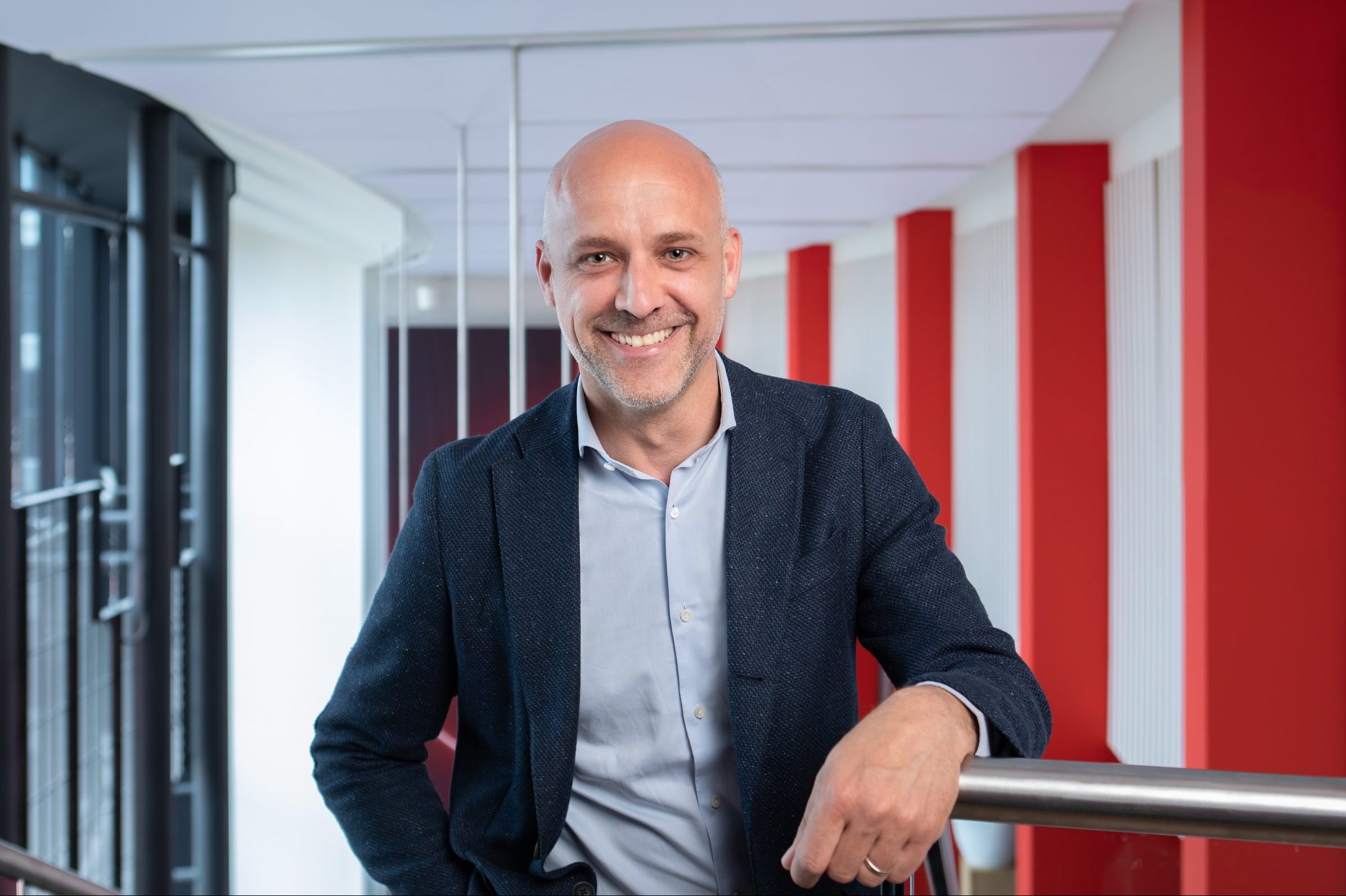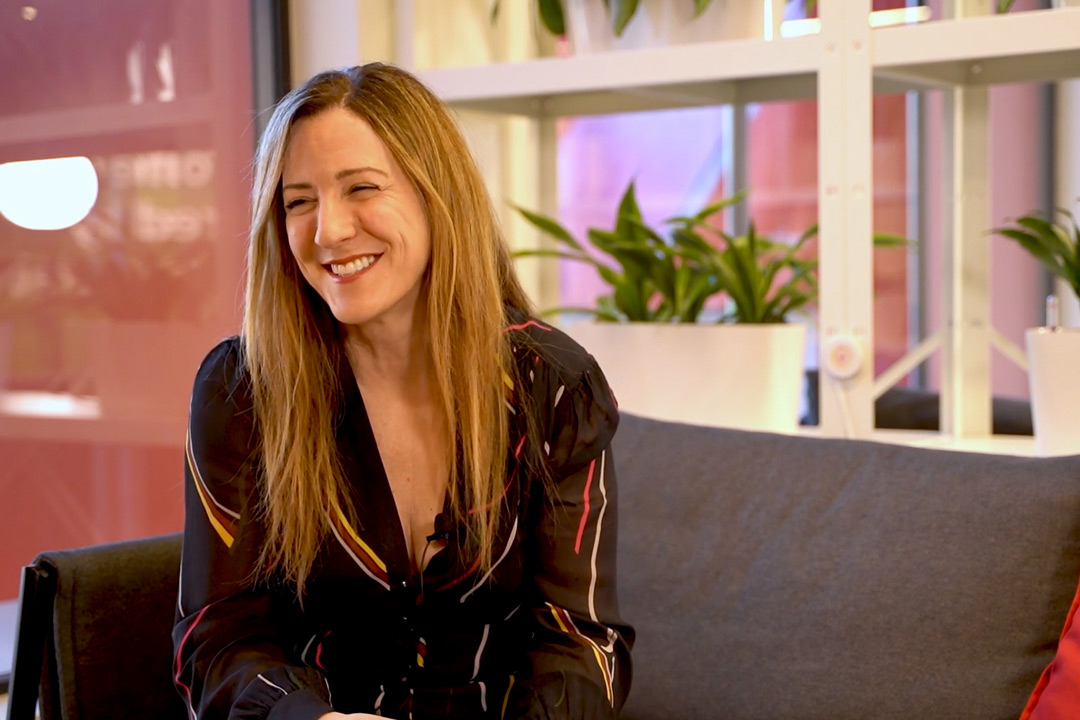Last month, the National Infrastructure Commission (NIC) released its five-yearly report with recommendations on how to future-proof UK infrastructure, such as railways and utilities. It certainly is a comprehensive analysis, and we are generally happy with the proposed direction of travel.
First and foremost, we agree with the NIC’s position in highlighting the importance of connectivity and digital services for the UK. This report, alongside the Wireless Infrastructure Review, creates a roadmap, now we need to decisively follow the stepping stones to a better digital future.
Digital augments and enhances capabilities, be it improving accessibility to education and healthcare or improving the efficiency of roads and railways. Connectivity should be one of the building blocks of everything we do moving forward – we want to be a digitally native society.
5G can improve society more than AI, says British public, as Vodafone/Three merger paves the way for £11 billion 5G investment
The finding that over half of UK adults believe 5G has the potential to improve their day-to-day lives follows the news of Vodafone UK's planned merger with Three UK to accelerate the delivery of a world-class 5G network.
This aspect of the report we believe is critical, and while it is not the headline, the fact that digital has been interweaved throughout demonstrates the NIC is on the right path to help futureproof the UK economy and wider society.
In particular, there are two points that we feel should be highlighted.
Firstly, recommendation 26. This section is important because it addresses the barriers companies like Vodafone contend with when building digital infrastructure. As the NIC highlights, we can only do so much. The right conditions must be in place for digital to thrive, and that means simple things like planning permissions to build the network.
There is also another very interesting point made by the NIC for the Government to consider:
“…develop options for subsiding 5G coverage in uncommercial areas, should new use cases demonstrate the need for nationwide coverage.”
We can already think of numerous use cases that would require nationwide coverage, but we would also like to link the proposed merger with Three UK to this point.
We have developed a joint network plan with Three UK and have a plan to cover at least 95% of populated areas by 2034 with a £11 billion investment. With an approved merger, we can provide nationwide coverage thanks to the scale of combining the two businesses without spending public funds. The telecommunications industry needs help delivering 5G at scale, but that doesn’t have to be at the burden of the taxpayer.
Merger of Vodafone UK and Three UK to create one of Europe's leading 5G networks
Vodafone Group and CH Hutchison Group Telecom Holdings Ltd., owner of Three UK, have agreed to combine their UK businesses.
Secondly, recommendation 27 – this section addresses how the energy and water sectors, as well as the railways, could benefit from digital infrastructure.
Again, this is a very important point to raise as the benefits can be realised from connectivity is almost limitless. Earlier this year, Vodafone research found that using 5G-enabled sensors on rail infrastructure can improve the efficiency of track maintenance and reduce the rate of fault incidence. This technology could save passengers more than 25 million hours of lost time due to delays over five years – valued at £325 million – increasing productivity and wellbeing across the UK.
The NIC is making the right recommendations to shift the UK to the forefront of the global digital economy. If we are being honest, the UK has fallen off the leadership position created in 2019 and we as an industry need to proactively manage our future through pro-investment policy, regulation and legislation.
Both the Government (through the Wireless Infrastructure Review) and the NIC with this report have outlined the steps we need to take. The theory is sound, now we need to see decisive steps to make this dream a reality.
Stay up-to-date with the very latest news from Vodafone by following us on Twitter and LinkedIn and signing up for News Centre website notifications.


![Nicki-Lead_image[OPTIMISED]](https://www.vodafone.co.uk/newscentre/app/uploads/2023/10/Nicki-Lead_imageOPTIMISED.jpg)

![Coins of Great British sterling[Adobe Stock]](https://www.vodafone.co.uk/newscentre/app/uploads/2024/06/Coins-of-Great-British-sterlingAdobe-Stock.jpg)

